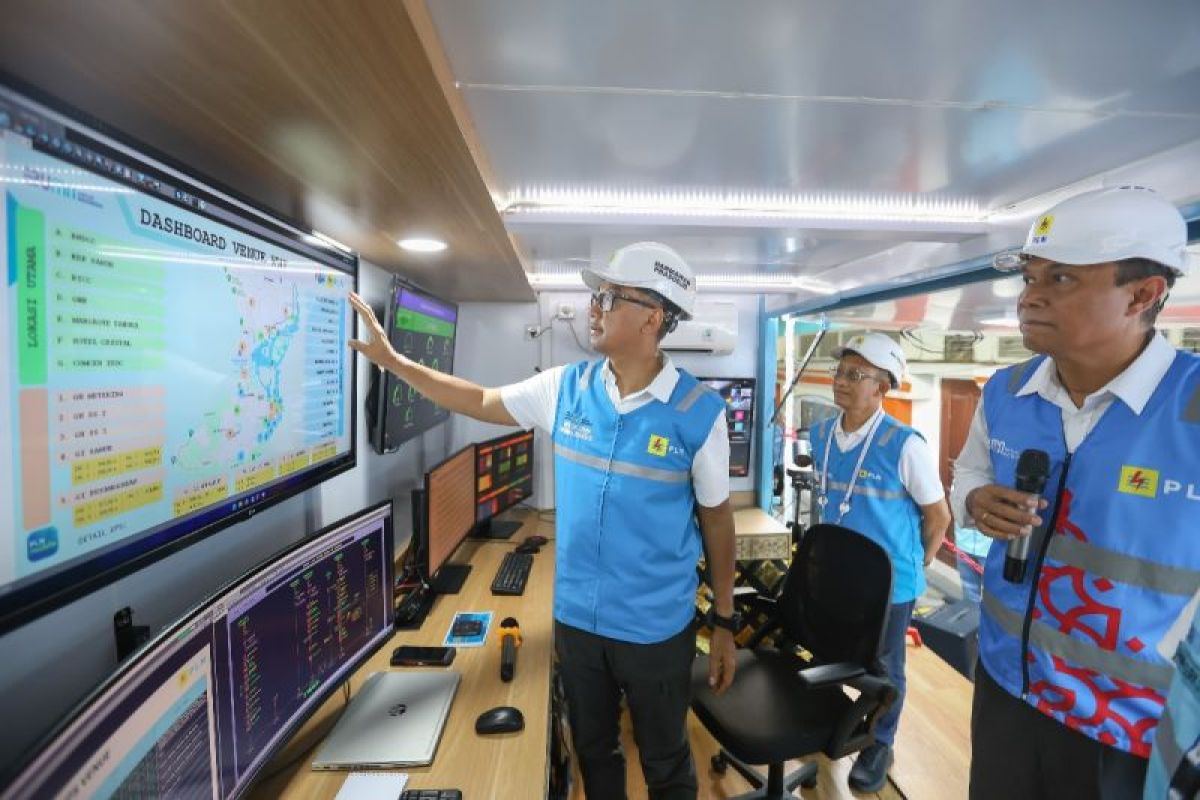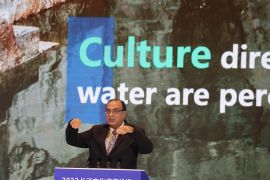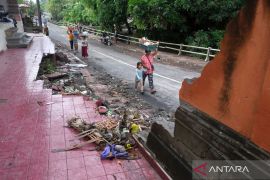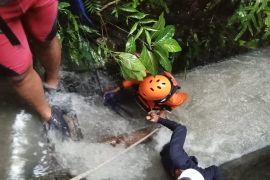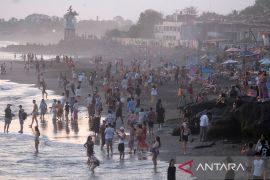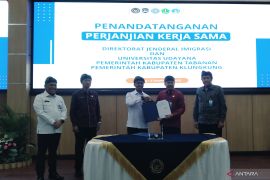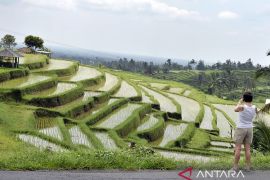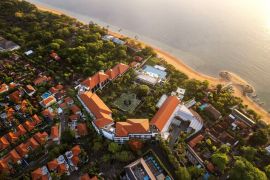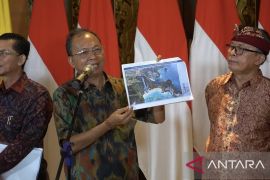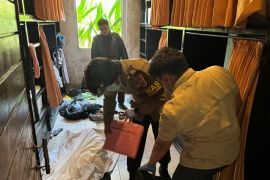For the first time in its history, the forum featured a high-level meeting that brought together representatives of 48 countries and international organizations.
In his opening speech for the forum, Indonesian President Joko Widodo remarked that the host country hoped that world leaders would always work hand in hand to deal with common challenges related to water.
According to the 2024 United Nations World Water Development Report: Water for Peace and Prosperity, the international community is currently facing apparent water crises, which propel the risks of flooding and submersion of lands.
On the other hand, the availability of accessible clean water has been on the decline, putting over 1.4 billion people in the face of water shortages, which have led to the deaths of nearly 21 thousand people during the 2002-2021 period.
The report estimated that an annual budget worth US$114 billion is required for the world to provide people with proper access to drinking water and sanitation facilities and assist them in enhancing their level of hygiene.
The figure is indeed enormous, but it would cost the world much more to recover from the negative impacts of emissions.
Declaration and compendium
It was also at the 10th edition of the World Water Forum that participating ministers adopted a declaration for the first time in the forum’s history after having undergone a complicated and lengthy process and accommodated differing views and interests.
The ministerial declaration on “Water for Shared Prosperity”, agreed upon by 108 countries and 30 international organizations, put forward various proposals, including those coming from Indonesia, namely the designation of World Lakes Day through a UN resolution, the establishment of a Center of Excellence (CoE) on Water and Climate Security, and the mainstreaming of water management issues for developing countries on small islands.
Going beyond symbolic meanings, the designation of World Lakes Day is believed to be one of the keys to preserving lake ecosystems on the planet. A lake is regarded as a natural waterbody, whose quality and sustainability must be maintained, given its vulnerability to contamination.
Concerning the CoE, some countries, including Indonesia, have established their own despite not being interconnected. Hence, Indonesia proposed establishing an interconnected CoE that is expected to serve as a platform for countries to coordinate and discuss water issues.
The Sabo Training Centre located in Sleman District, Yogyakarta Province, is likely to be connected to the proposed CoE expected to be translated into reality in a year to come.
Pertaining to the third agreed proposal, Indonesia emphasizes the importance of actualizing equitable access to clean water in small island states, considering that they are facing similar challenges related to limited resources, remoteness, and susceptibility to natural disasters.
Those challenges are coupled with the countries’ lack of financial and technical capacities, thereby putting them in a rather difficult position to fully implement climate-resilient plans.
It is worth noting that Indonesia also managed to incorporate a compendium that includes 113 projects in the water and sanitation sector, with a total value of US$9.4 billion into the ministerial declaration.
The National Development and Planning Ministry explained that the 113 projects are related to studies, technical assistance, research centers, and capacity development activities under bilateral and multilateral schemes.
Optimism
The 10th World Water Forum grabbed the world’s spotlight following the participation of Elon Musk. Speaking at the opening of the forum, the CEO of Tesla Inc and SpaceX expressed optimism about the international community overcoming clean water shortages.
In his view, pursuing a more efficient desalination process is one of the solutions. Desalination is a process by which dissolved mineral salts in water are removed, thereby making it safe for consumption.
Desalination is considered a process that demands huge amounts of energy and budget. Fortunately, people can now resort to the utilization of new and renewable energy, such as solar energy, to make the process more effective and affordable.
A solar power plant can generate one gigawatt of electricity per square kilometer on a daily basis using captured solar radiation. Musk said he believes the amount of electricity generated by such a plant is quite huge.
The Indonesian Government has built the Cirata Floating Solar Power Plant in West Java Province, which stands as the largest of its kind in Southeast Asia and marks a crucial milestone in Indonesia’s journey toward net-zero emissions.
The 192-megawatt solar power plant is capable of supplying electricity to over 50 thousand households, thanks to the bilateral cooperation worth US$129 million forged between Indonesia and the United Arab Emirates.
The 10th World Water Forum concluded recently with the handover of the host baton from Indonesia to Saudi Arabia. However, the closing of the forum should not be seen as the end of the road, considering a lot of lined up homework that still needs to be addressed.
It is vital that participants of the forum take follow-up actions on various ideas and agendas discussed during the event for the sake of Mother Earth and all living beings under her wings.
Related news: WWF compendium covers 113 projects worth US$9.4 bln: minister
Related news: Round Up - WWF agrees on river basin management, draws up priorities
Editor: Rahmad Nasution
Copyright © ANTARA 2024
